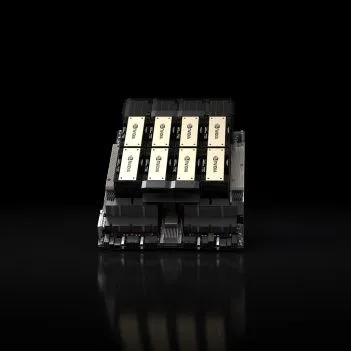Following the recent incidents surrounding DeepSeek, a global event that has raised concerns over national security and technology transfer, U.S. lawmakers are advocating for a reduction in Nvidia’s chip exports to China. The situation escalated after former President Donald Trump reportedly considered imposing new restrictions that would limit Nvidia’s ability to sell AI GPUs in the Chinese market. As a result, Nvidia’s stock suffered a 4% decline on the news, signaling investor uncertainty regarding the company’s business operations moving forward.
Lawmakers expressed their urgency in addressing the issue, citing potential risks associated with advanced technology entering China’s hands. They argued that restricting chip exports is a necessary strategy to safeguard America’s competitive edge and technological leadership in the global arena.
Helen Toner, a former board member of OpenAI, weighed in on the matter, emphasizing the complexity of AI technology and its intertwined nature with national security. “The flow of AI chips to adversarial nations can potentially undermine U.S. interests,” she stated, highlighting the need for a comprehensive examination of AI technology exports. Her comments reflect a broader consensus among policymakers who believe that China’s capabilities in AI could expand significantly if access to critical GPUs remains unrestricted.
While Nvidia has been at the forefront of AI technology, the potential for consequences from inadequate oversight is becoming a significant concern for investors and government officials alike. As discussions continue, the future of AI chip exports to China remains a hot topic worthy of scrutiny as various stakeholders weigh the implications on economic and national security fronts.











